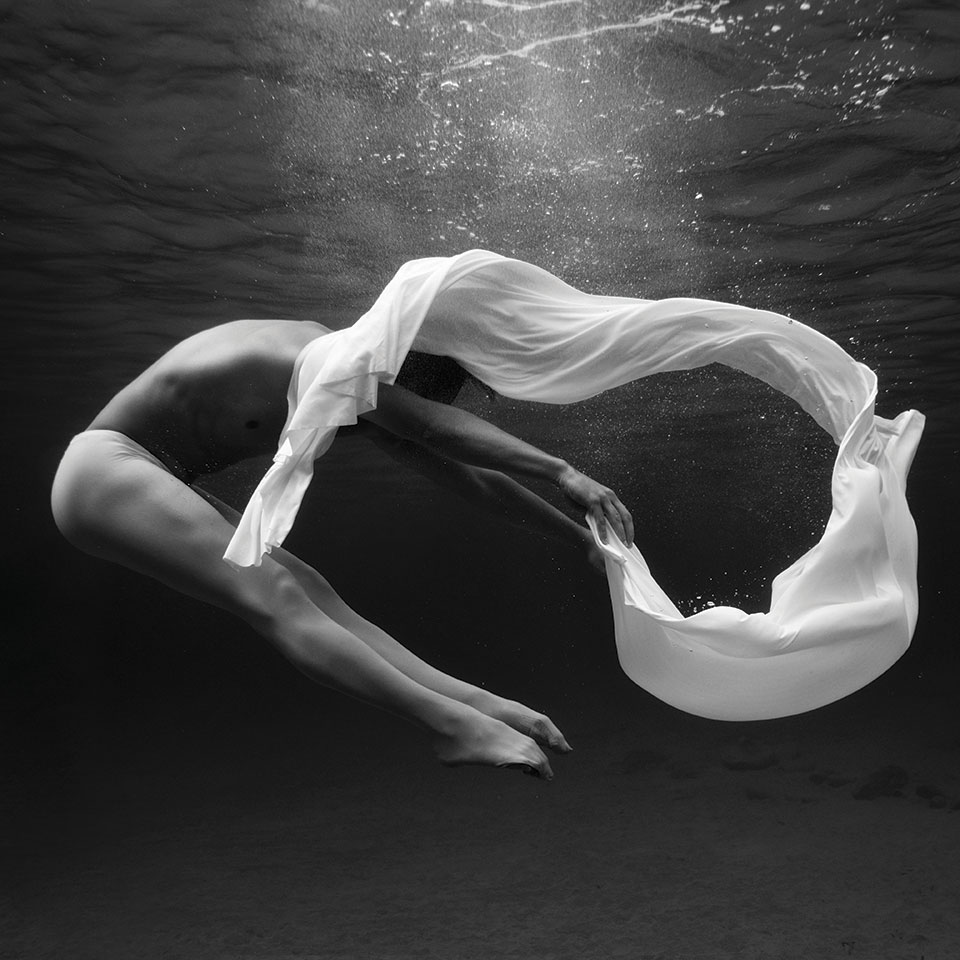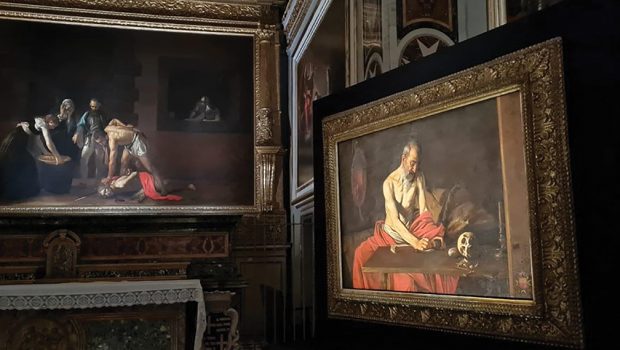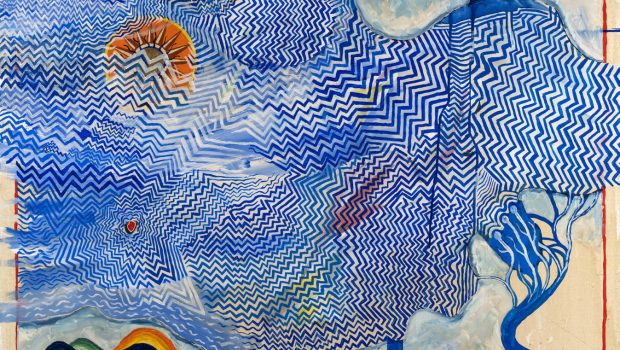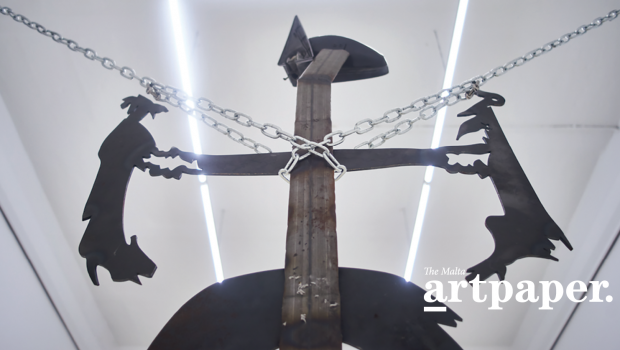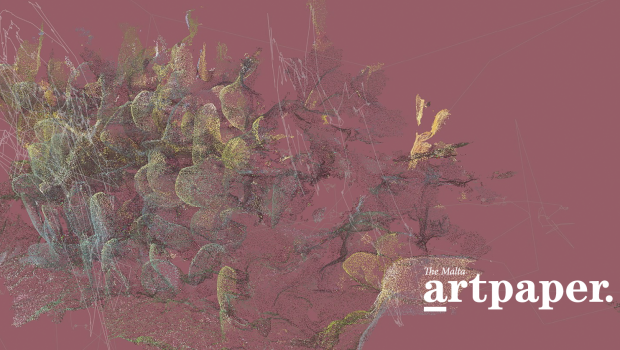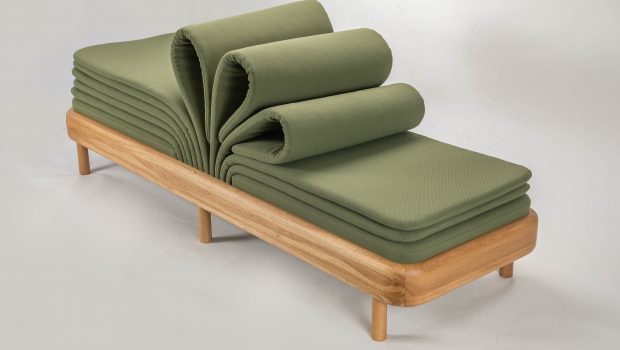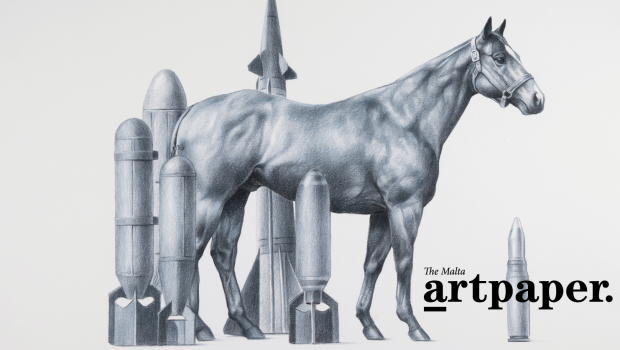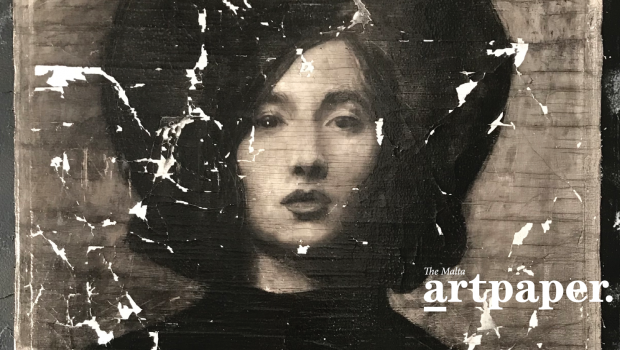Q&A: Funding for artists in Malta
Artpaper speaks with Romina Delia, ‘Internationalisation Associate’ at Arts Council Malta
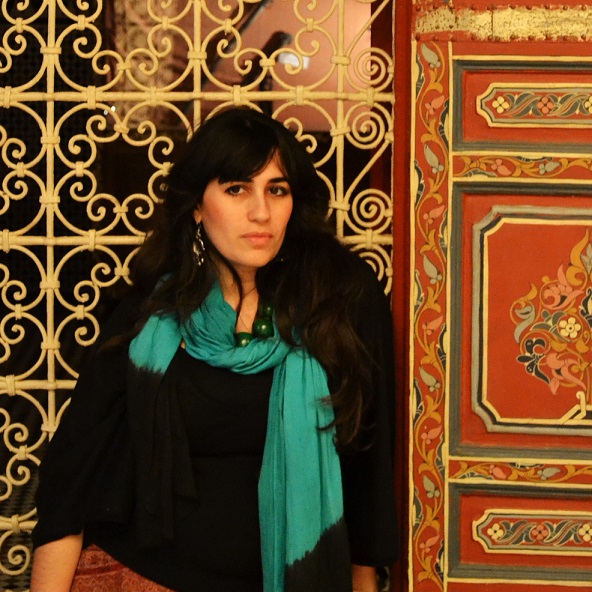
Could you tell us a bit about what your job entails?
I have been working at Arts Council Malta in the strategy department since the summer of 2015. A few months after I joined, we published our five-year national strategy for the arts based on five strategic focal points, which include internationalisation and business development as well as research, education and training, diversity and communities. Strategy2020 was created following a consultation process with over 300 artists, who discussed with us their vision and dreams for Malta’s cultural sector. This process fed directly into our strategy. Since then, along with the other associates and directors at the Arts Council, we have been implementing this strategy through our several funds and initiatives.
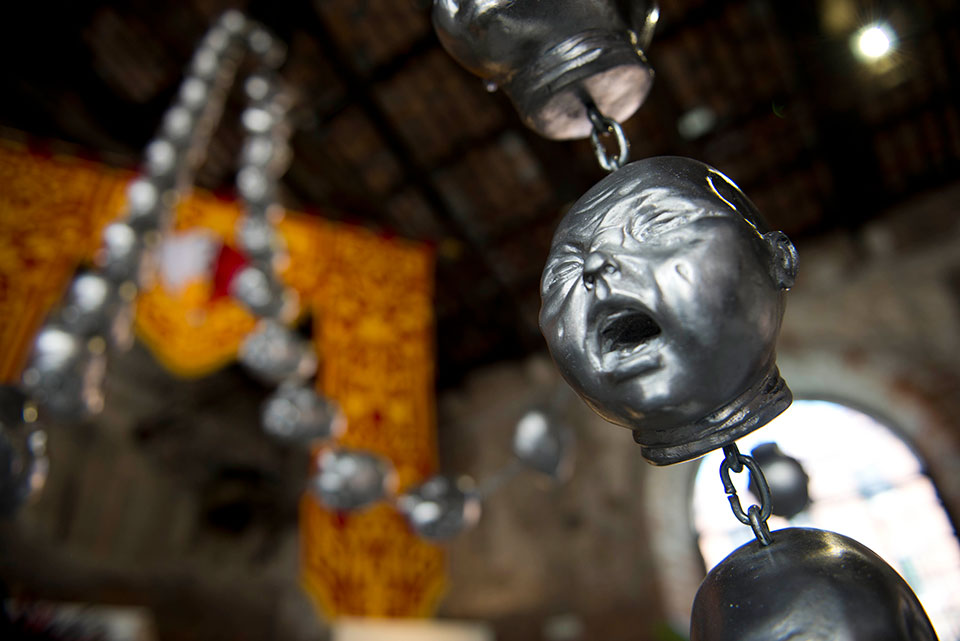
Tell us more about the Cultural Export Fund and how artists can benefit from it?
Arts Council Malta implements its strategy through a number of initiatives and funds, one of which is the Cultural Export Fund, which I have been managing for the past five years. Artists can apply for any of three different grants, namely the Travel grant, the Presentation and Touring grant and the Translation grant. These funds do not only provide an opportunity for artists to showcase their work internationally, but are also a means of meeting and working with other artists from different countries. It’s a learning process between cultures, and it’s truly wonderful to see these cultural exchanges taking place.
Artists benefit from these grants because not only do they stay connected with the rest of the world, but they also share what they bring back with the rest of the Maltese community. For example, in the field of film, the Cultural Export Fund was awarded several times to programmers of the Valletta Film Festival and to Kinemastik short film festival. We have supported their attendance at the Berlinale Film Festival in Berlin, at the Tribeca International Film Festival in New York and at other well-known international film festivals. This allowed for the selection of a number of international films for screening at the Valletta Film Festival and at the Kinemastik short film festival.
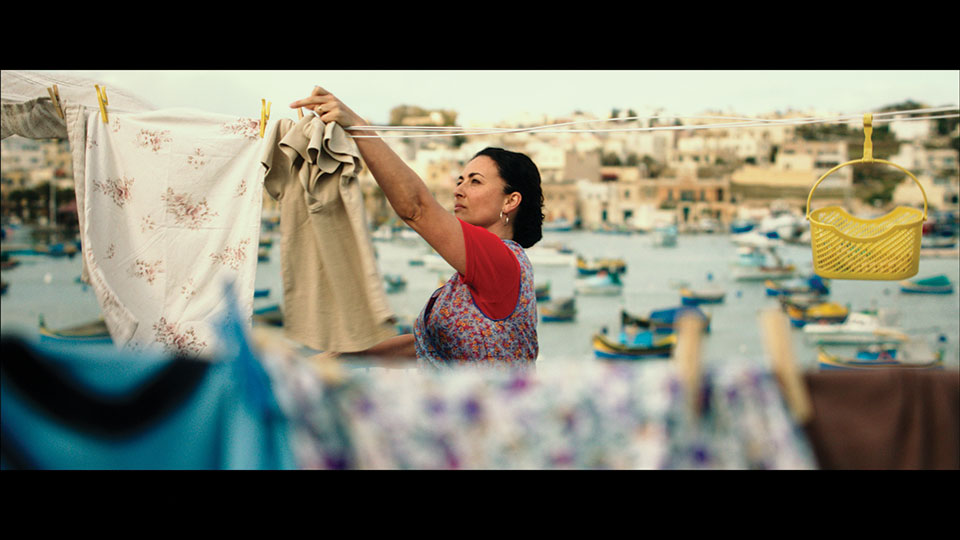
Can you tell us about any particularly successful projects that have travelled abroad thanks to the Cultural Export Fund?
We fund around 80 projects a year with the Cultural Export Fund and every project we send abroad is different. We have funded the mobility of musicians, dancers, actors, visual artists, film makers, performers, and fashion designers. To give some examples, The New Victorians have been recipients of the Cultural Export Fund. This has facilitated their performance of a multidisciplinary theatrical piece MARA at The National Theatre of Scotland’s Exchange Festival in Inverness, and at the Vault Festival in Waterloo, London. They were the first Maltese artists to secure a place at this prestigious festival, which features over 4,000 artists every year.
Last year, we funded through thePresentation and Touring Grant a project entitled Nocturnal Artifacts by fashion designer Luke Azzopardi. Eighteen one-off couture looks inspired by the destroyed Nibbia chapel of bones in Valletta, were exported to international audiences in London at the Institute of Contemporary Art at St James Park during London Fashion week, targeting worldwide press.
Just a few weeks ago, there was also the launch of the Maltese architecture exhibition in Moscow by the Maltese architects NIDUM, funded by the Cultural Export Fund. NIDUM, in collaboration with Transparadiso from Vienna, invited the Maltese public to contribute to a discussion about their sentiments and desires for the Chalet in Sliema. The outcomes of this public discussion are currently exhibited at the Schusev State Museum of Architecture in Moscow, in an international exhibition hosted by the European Cultural Centre, which is currently on show till 10th May 2020. The international exhibition ‘Public Architecture – Future for Europe’ aims to present realised, not yet realised and dream projects for the future of public architecture in Europe and shows ideas from architects who are sincerely concerned with city planning and the environment.
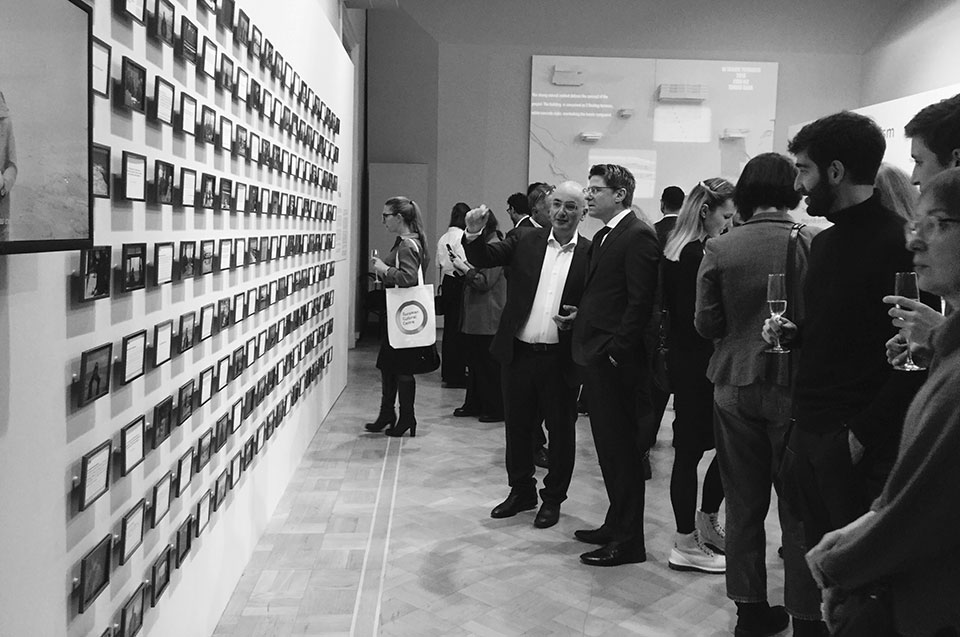
Arts Council Malta has been sending young artists to participate in the Salzburg Global Forum in Austria for the past few years. Can you tell us more about this? Would you recommend it to other artists?
I totally recommend it to young Maltese artists! The Salzburg Global Forum is a non-profit organisation, founded in 1947 to challenge leaders to shape a better world. Taking place at the magical Leopoldskron castle in Salzburg, where the beloved 1965 Sound of Music movie was filmed, we annually invite Maltese artist to apply for the Young Cultural Innovators Forum. What has made the experience special for the Maltese artists who have attended in the past, were the other young cultural innovators selected from all over the world. Their stories, their energy, and how they became so connected by the end of their journey, gave them a new perspective on how to perceive both themselves and the world around them. Participating in the Global Forum means meeting with poets, visual artists, dancers, singers, photographers, musicians, film makers, drivers behind institutions, gallerists and curators from all over the world. As ‘young cultural innovators’ they found themselves immersed in passion to continuously work internationally and to find new ways to engage their communities. For the past three years, the Arts Council has been issuing an open call for Maltese artists, and their participation has been generously supported by Arts Council Malta in partnership with the U.S. Embassy in Malta.
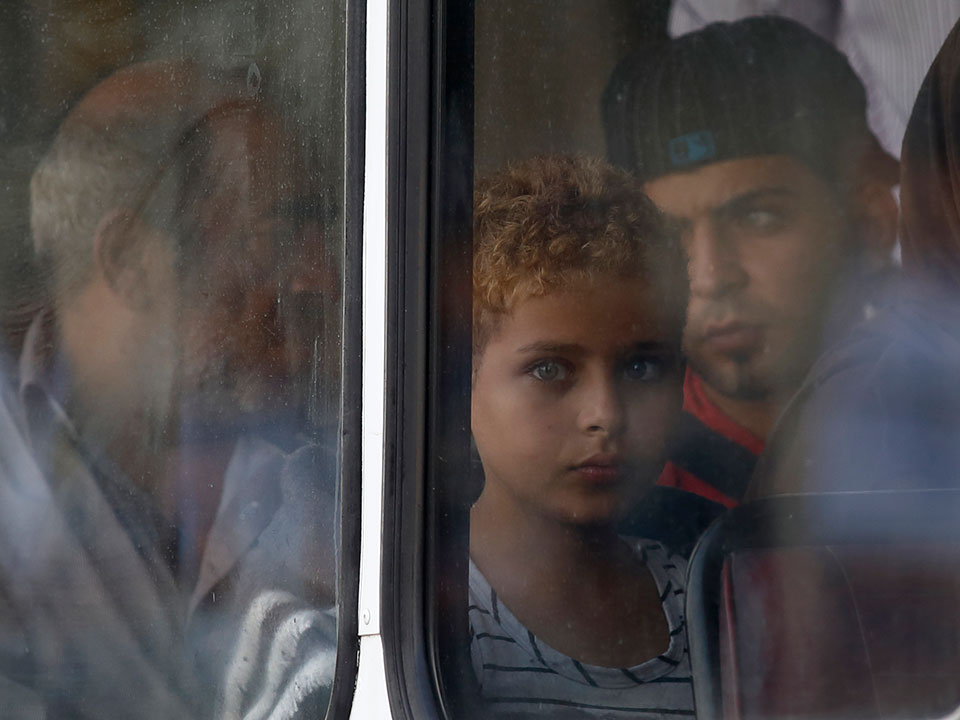
Arts Council Malta is a member of the European networks EUNIC and IETM. Could you tell us more about them and how relevant they are to putting Maltese artists on international platforms?
In 2015, Arts Council Malta joined the network for EU national cultural institutes (EUNIC). EUNIC’s members work in over 150 countries around the world, their numerous institutes allowing for cultural exchange and facilitating the mobility of artists. Since then, Arts Council Malta has been elected full member of the New York cluster of EUNIC, alongside a number of European cultural institutes, such as the British Council, French Institute, Goethe Institute, Instituto Cervantes and the Italian Cultural Institute.
Arts Council Malta in New York seeks to promote and support a broad spectrum of Maltese arts at events both in New York and in Washington DC. Some highlights from the past five years include the participation of Maltese photographers Ritty Tacsum and Darrin Zammit Lupi in the leading Photography Festival, Photoville, in New York. Arts Council Malta was one of the festival’s curatorial partners, partnering with organisations that included Instagram, The New York Times, TIME Magazine, National Geographic, The Pulitzer Center and the Magnum Foundation.
Over the past five years, Arts Council Malta also presented several Maltese authors at book reading events during the European Literature Nights in New York. For example, we sent to New York authors like Immanuel Mifsud, Pierre J. Mejlak and Adrian Grima.
Some other highlights include the presentation of several films from Malta at New York’s Panorama Europe Film Festival at the Museum of Moving Image. In May 2019, Arts Council Malta presented the New York premiere screening of the film Limestone Cowboy directed by Abigail Mallia. We are now in the process of setting up Arts Council Malta representation in other cities around the world. Currently we have Maltese Embassies in Rome, Vienna, the Netherlands and Warsaw representing Arts Council Malta and we are sending Maltese artists to participate in EUNIC events in these cities.
With regards to IETM, this is an international network of over 450 performing arts organisations and individual members working in the contemporary performing arts worldwide. The network runs several meetings a year in different cities around the world. Arts Council Malta is issuing open calls for Maltese artists to attend these IETM meetings. The next meeting will be held in Tromsø, Norway at the end of April 2020, exploring the theme of activism and the performing arts. Maltese artists can either apply for the open call or apply for the Cultural Export Fund’s Travel grant to participate in this or in any of IETM’s international events.
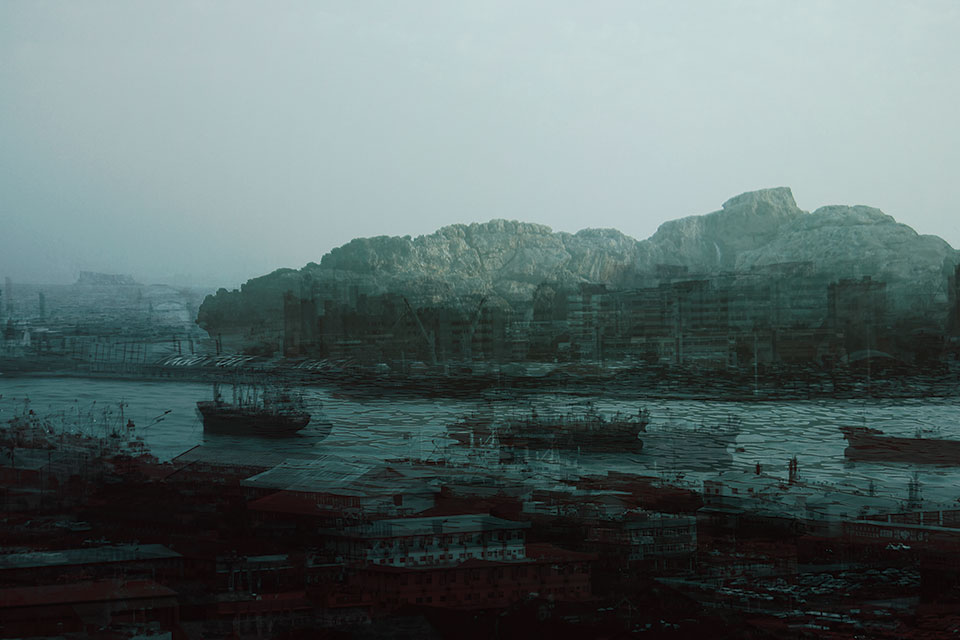
What achievements are you particularly proud of during your time at the Arts Council until now?
An achievement I am particularly proud of is the brilliant work the Arts Council did during Malta’s Presidency of the Council of the EU in 2017. Hundreds of Maltese artists were sent around the world, and along with another two Maltese women, I was also selected to form part of the Chairing team of the Cultural Affairs Committee in Brussels. One of the files I am particularly proud of, which was concluded during Malta’s Presidency, was the Joint Communication which proposes an EU Strategy for International Cultural Relations.
During the past five years, we also saw the return of the Malta Pavilion at the biggest and oldest International Art Exhibition happening in Venice – the well-known Biennale di Venezia. I worked on the 2017 and the 2019 editions, both of which received considerable press acclaim. It was a massive cultural exchange and learning curve for all, but also an extremely beautiful experience. I was in tears when I saw Malta being listed in so many well-known top art magazines and newspapers such as The Guardian. The international press had nothing but praise for the Maltese Pavilion in 2017 and also in 2019.
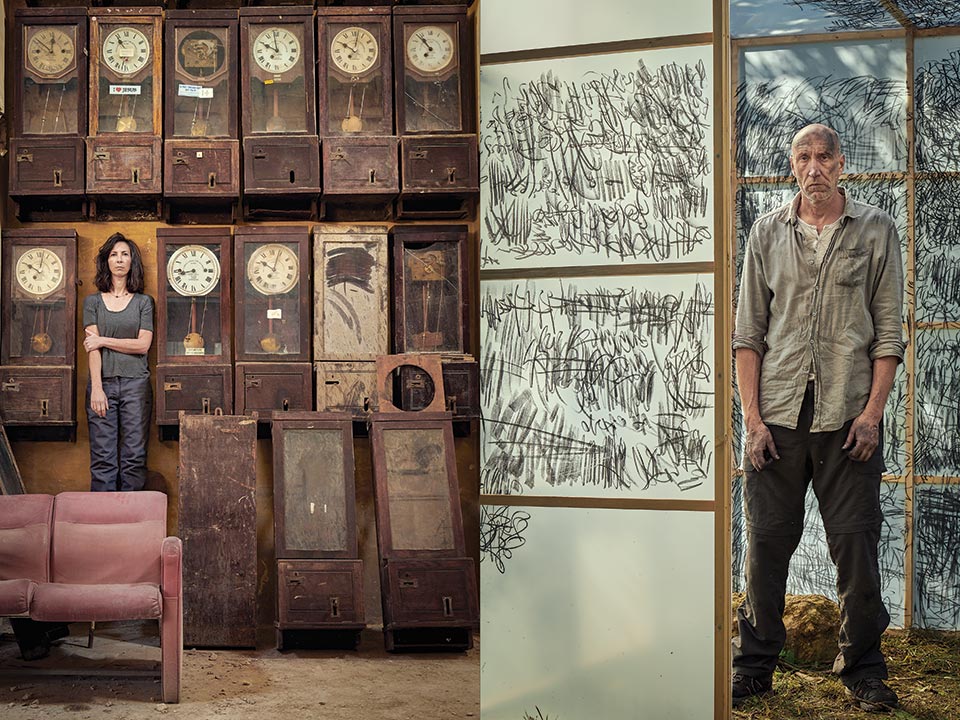
What are you looking forward to working on over the next year or so?The Arts Council is currently working on its new strategy 2021-2025, which is inspired by the 2030 Agenda for Sustainable Development, adopted by all United Nations Member States a few years ago. Among other priorities I hope to work on in our initiatives, are gender equality and the empowerment of all women, climate action, sustainability, and inclusivity. I also look forward to the realisation of international projects focussing mainly on the Mediterranean, where borders are blurred and boundaries crossed through the encouragement of interdisciplinary collaborations.
